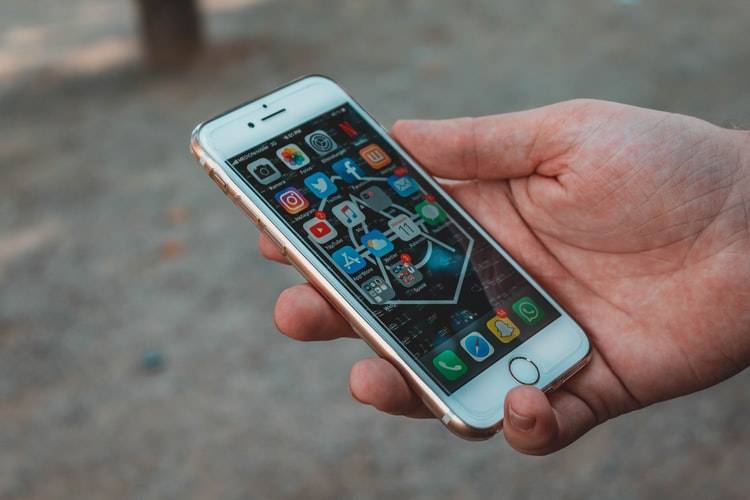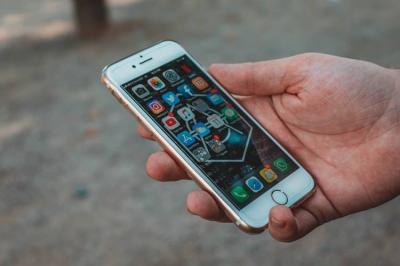When the Taliban last ruled Afghanistan, social media did not yet exist. Since their return to power, the American giants Facebook and Twitter have been torn between banning accounts linked to "terrorist organizations" and the public interest of accessing information. While the militants' arrival in Kabul triggered international panic, Taliban officials resorted to Twitter to convey a message of reassurance. For instance, the group's spokesman, Suhail Shaheen, confirmed on his Twitter account, which has 350,000 followers, that claims regarding the group forcing girls into marriages with militants were "toxic propaganda." The Taliban's ability to use Twitter has sparked outrage, particularly among supporters of former U.S. President Donald Trump, who was banned from the platform in January due to the risk of inciting violence. U.S. Representative Doug Lamborn sent a message to Twitter CEO Jack Dorsey saying he was "eagerly awaiting a prompt response regarding the reasons for banning a former U.S. president while allowing spokesmen for the Taliban to use" the site. While Lamborn and others feel indignation that Twitter provides the Taliban a platform to present themselves as legitimate, others argue that cutting off all communication contradicts the public interest as Afghans desperately want to know what to expect from their new leaders. On the WhatsApp application, it appears that the account of Taliban spokesman Zabihullah Mujahid has been banned, which another Taliban spokesman refused to confirm to AFP.
**Terrorist Organizations**
Meanwhile, Facebook, which owns WhatsApp, has confirmed that it has considered the Taliban a "terrorist organization" for years and thus banned Taliban accounts on its platform as well as on Instagram, which it also owns. A Facebook spokesperson told AFP, "The Taliban is designated as a terrorist organization under U.S. law, and we have banned it from our services under our 'dangerous organizations' policies. This means we remove accounts managed by the Taliban and those associated with and supporting it." This prompted Zabihullah Mujahid to respond sharply when asked whether the Taliban would protect freedom of expression, stating, "This question should be directed at Facebook." Additionally, YouTube, owned by Google, announced that it would remove pro-Taliban content. Twitter has not wished to comment in response to inquiries from AFP. Shaheen and three other Taliban spokesmen continue to use Twitter, collectively boasting nearly a million "followers," indicating that the platform has so far refused to ban them under its policy regarding "violent organizations." This policy has been used to justify the removal of content published by Islamic organizations such as Hamas and Hezbollah.
However, the Taliban's status remains somewhat ambiguous. While they are listed on the U.S. Treasury Department's list of terrorist organizations, they have not been designated a foreign terrorist organization by the State Department. Raman Shima, head of the Asia division at the civil rights digital advocacy group "Access Now," believes that social media should focus on evaluating Taliban messages that incite violence rather than relying on government classifications. The question of whether the Taliban will be allowed to communicate through official accounts of Afghan government ministries, some of which have tens of thousands of followers, and obtain a "verified account," remains unanswered. The Taliban has also recognized the power of social media, a weapon it did not possess during its rule from 1996 to 2001, according to senior analyst Kabeer Taniga based in New Delhi. He stated, "They have learned a lot about the power of communication from other organizations like ISIS." While the Taliban was particularly active on Twitter and Facebook during its swift offensive, it may seek to restrict Afghans' access to the internet, as the analyst warned, citing widely circulated images of anti-Taliban protesters in the city of Jalalabad this week.




